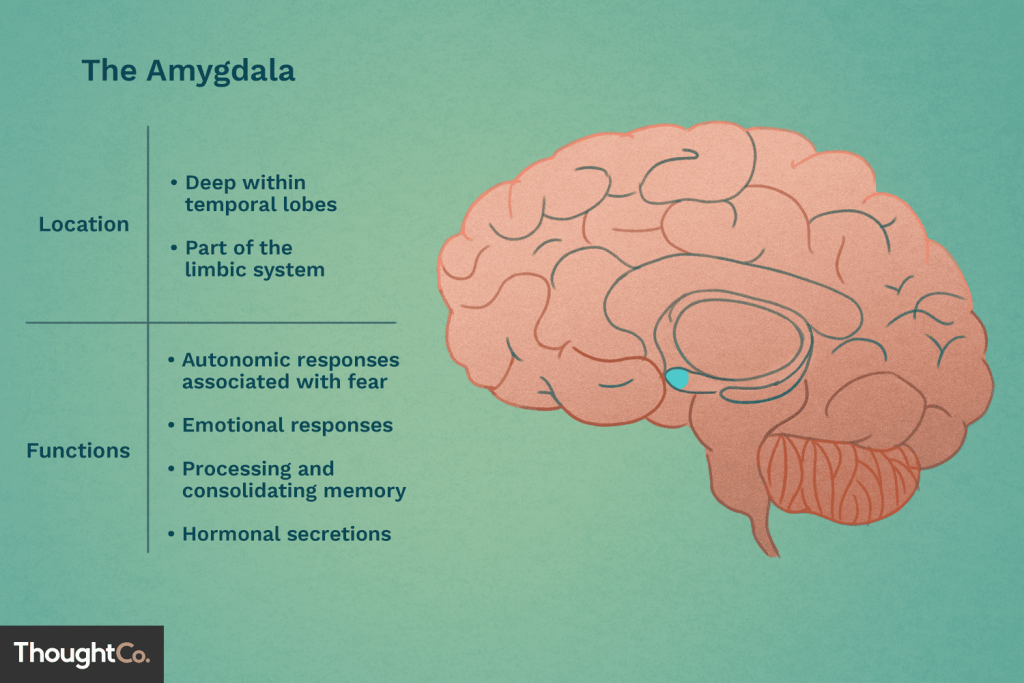Tinnitus, the perception of sound when no external sound is present, can be a frustrating and isolating condition. For many people, the ringing, buzzing, or hissing in their ears is a constant companion, affecting their quality of life. But what’s even more perplexing is the way tinnitus seems to intensify during times of emotional distress.
The Mind-Body Connection in Tinnitus
The connection between tinnitus and emotions is a complex one, but it’s undeniable. When you’re feeling stressed, anxious, or upset, your brain is flooded with hormones like cortisol and adrenaline. These hormones can amplify the perception of sound, making the tinnitus seem louder and more intrusive.
The Role of the Amygdala
The amygdala, a small almond-shaped structure deep within the brain, plays a crucial role in processing emotions and memories. It’s also involved in the regulation of the body’s stress response. When the amygdala is activated, it can send signals to the auditory cortex, the part of the brain responsible for processing sound, leading to an increase in the perception of tinnitus.

The Vicious Cycle of Tinnitus and Emotions
The relationship between tinnitus and emotions can create a vicious cycle. When tinnitus is bothersome, it can lead to feelings of frustration, anxiety, and even depression. These negative emotions, in turn, can exacerbate the tinnitus, making it seem louder and more intrusive.
Breaking the Cycle
Breaking this cycle is essential for managing tinnitus and improving your overall well-being. Here are some strategies that can help:
Stress Management Techniques: Practicing relaxation techniques like deep breathing, meditation, and yoga can help reduce stress and anxiety, which can, in turn, lessen the impact of tinnitus.
Cognitive Behavioral Therapy (CBT): CBT is a type of therapy that can help you identify and challenge negative thoughts and beliefs about tinnitus. It can also teach you coping strategies to manage the condition.
Sound Therapy: Sound therapy involves using specific sounds or noises to mask the tinnitus and provide relief. This can be particularly helpful during periods of heightened emotional distress.
Counseling: Talking to a therapist can help you process your emotions and develop healthy coping mechanisms for dealing with tinnitus.
Remember, you’re not alone!
It’s important to remember that you’re not alone in dealing with tinnitus. Millions of people worldwide experience this condition, and there are many resources available to help you manage it. By understanding the connection between tinnitus and emotions, you can take steps to break the cycle and improve your quality of life.







Be First to Comment